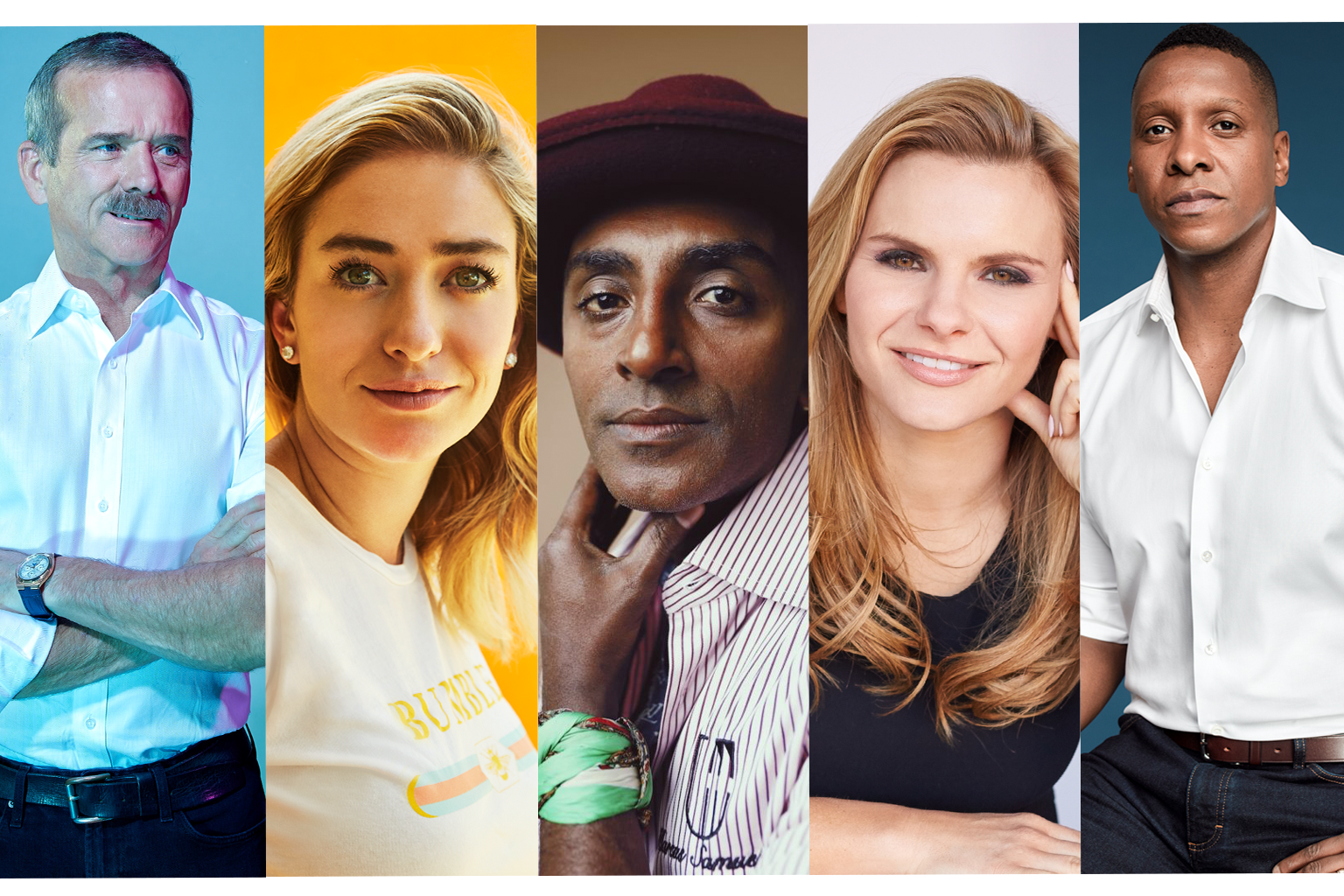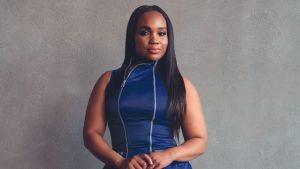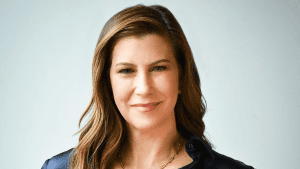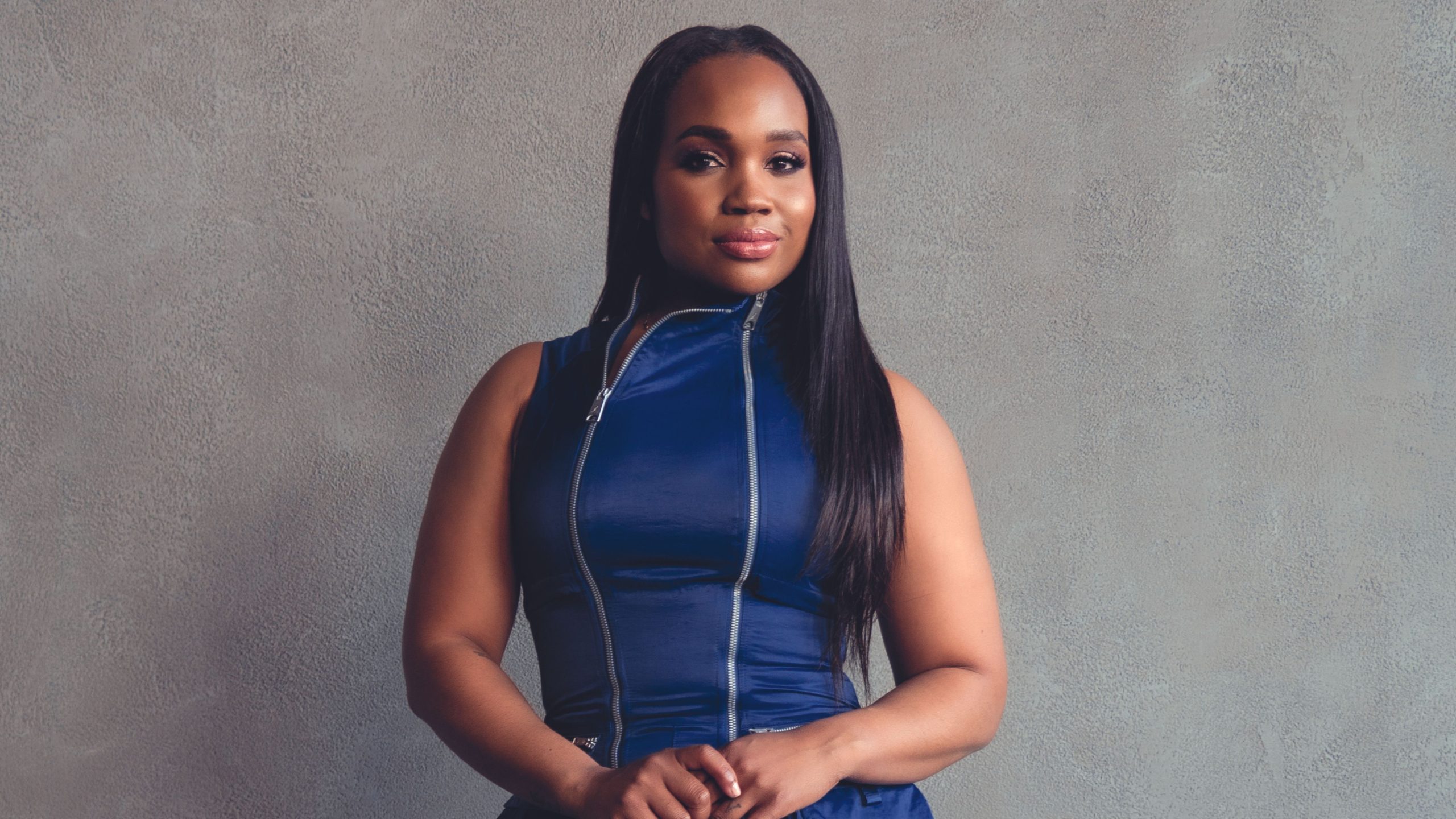[vc_row][vc_column][vc_column_text]
Over the years, we’ve had the honour of speaking to some of today’s most inspiring leaders. From world-conquering pop stars and daring entrepreneurs to visionary founders and culture creators, we gathered 21 pieces of leadership advice from our archives for you to use along your entrepreneurial journey.
Read below and click on the links to explore further.
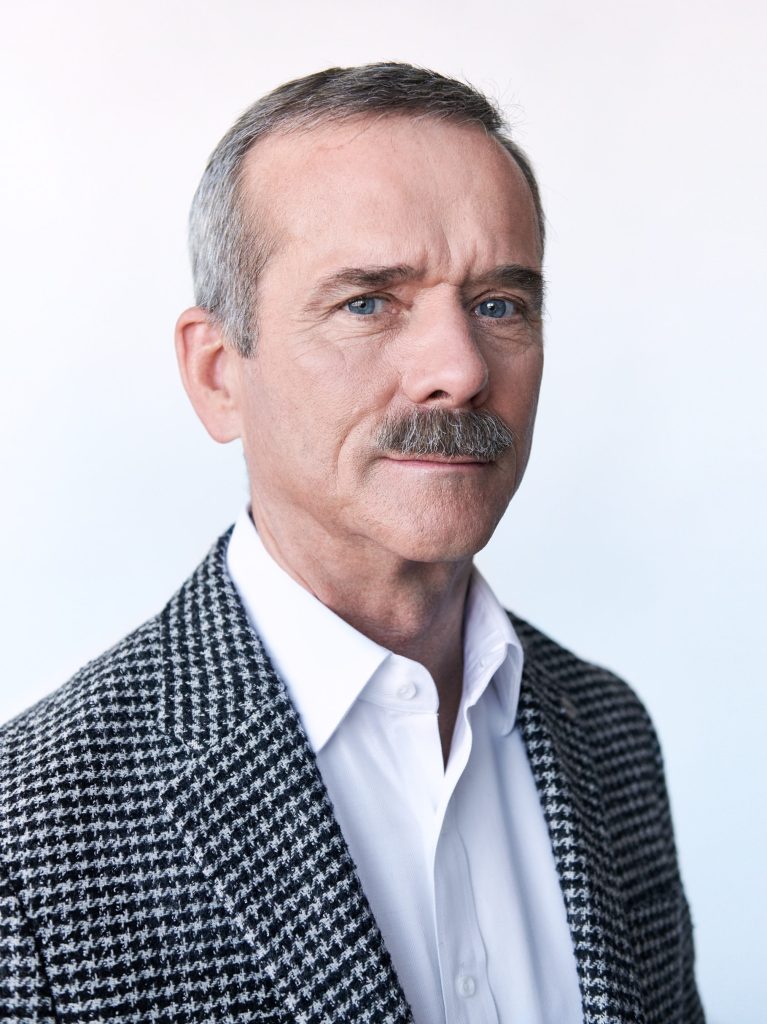

“How do you not be afraid, or how do you deal with fear, is a worthwhile question to ask. To me, it’s an indicator that I’m not prepared for what’s about to happen. If you [have that] rising panic feel and [you get] butterflies in your stomach, that’s your body telling you that you didn’t get ready for what’s about to happen. Things aren’t scary. Sometimes people are just scared… To me the greatest antidote to fear is competence, and that’s what I always work on. There’s always time available. Get ready for the things that are liable to happen.”
Chris Hadfield (astronaut) on conquering fear. FULL STORY


“Over the years I’ve had very few women ask me for promotions or raises. We don’t have that many men in our business, but [have] had several men be more verbal and confident in their ask… The point is, you should always advocate for yourself and even if it’s a no that you’re met with, you actually make huge strides because you stood up for yourself.”
Whitney Wolfe Herd (CEO, Bumble) on advocating for yourself. FULL STORY
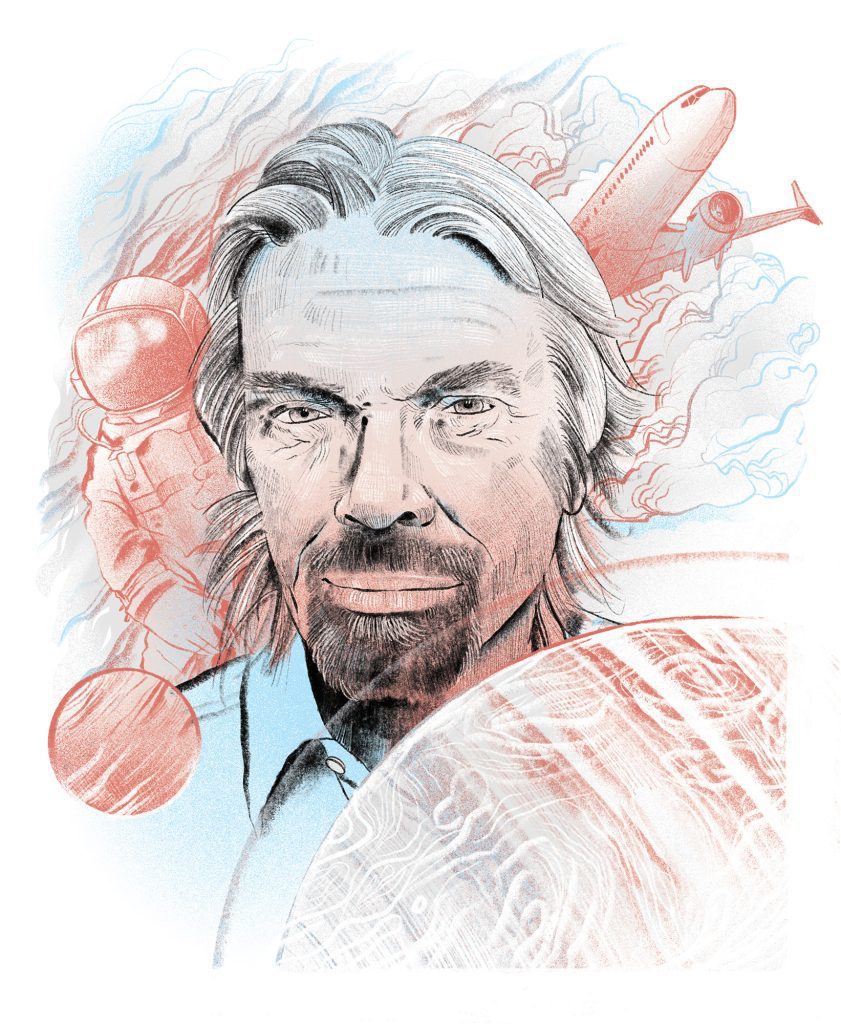

“Every business, like a painting, operates according to its own rules. To be successful, you have to be out there. You have to hit the ground running. And, if you have a good team around you and more than your fair share of luck, you might make something happen. But you certainly can’t guarantee it just by following someone else’s formula. Business is a fluid, changing substance.”
Richard Branson (entrepreneur) on following your own rules. FULL STORY


“When you get to the top, what you really should be thinking about is, why am I here? What am I doing here? And, can I be daring enough to look at what I’ve done already, and take this to the next level and change some people’s lives? When I see artists with big voices flaunting what they have, I think it is a very terrible message. Young people need to be inspired to be brave, to have a purpose in the world that goes far beyond their beauty.”
Lady Gaga (artist) on influencing with purpose. FULL STORY
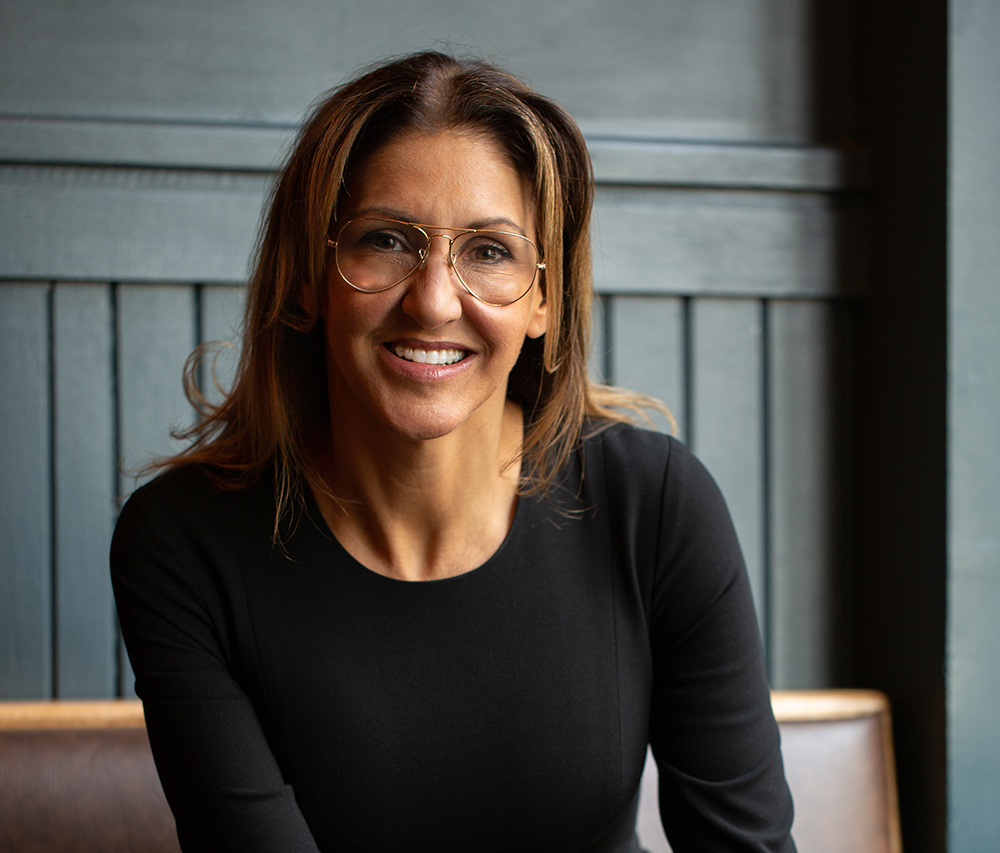

“If an idea is worth doing, 20 percent of people are not going to like it. But who cares if someone doesn’t like your idea? I am very, very fierce about protecting my joy — no one touches it. I don’t really have to defend my ideas because I’ve done the homework, I’m confident in my curiosity, and I ask a lot of questions… If you can’t handle it, if you want to crawl into the fetal position crying because someone didn’t like your idea, then don’t lead. Go follow. That’s okay, too.”
Barb Stegemann (founder, 7 Virtues) on being confident in your curiosity. FULL STORY
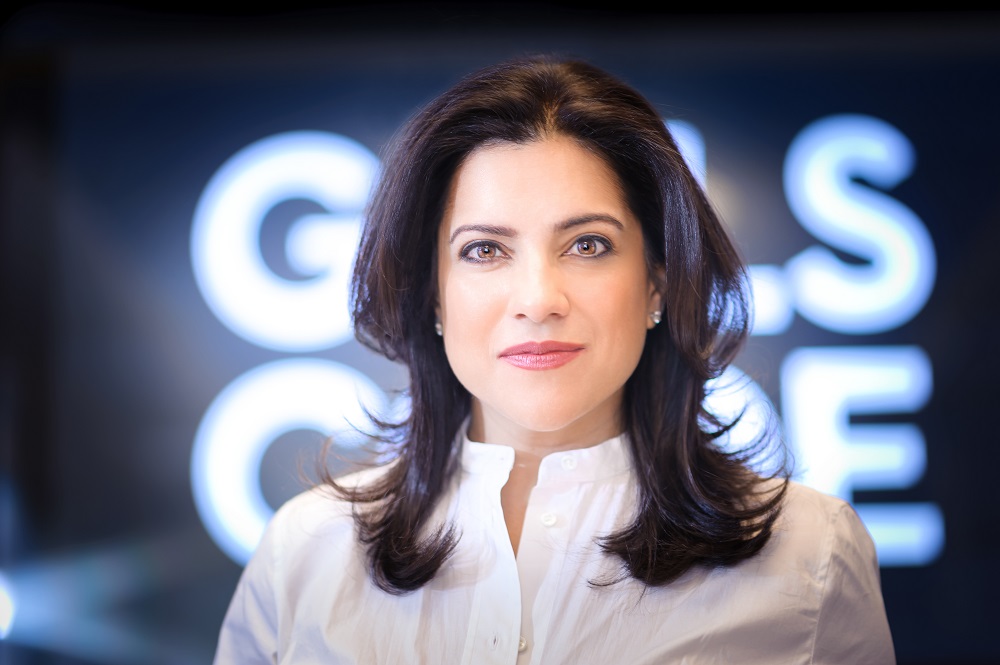

“Invite criticism. It’s kind of like radical exposure therapy to desensitize yourself…The more you do this, the easier it gets, and the faster you’ll go from feeling kicked in the gut by criticism to feeling grateful and empowered by it.”
Reshma Saujani (founder, Girls Who Code) on embracing criticism. FULL STORY
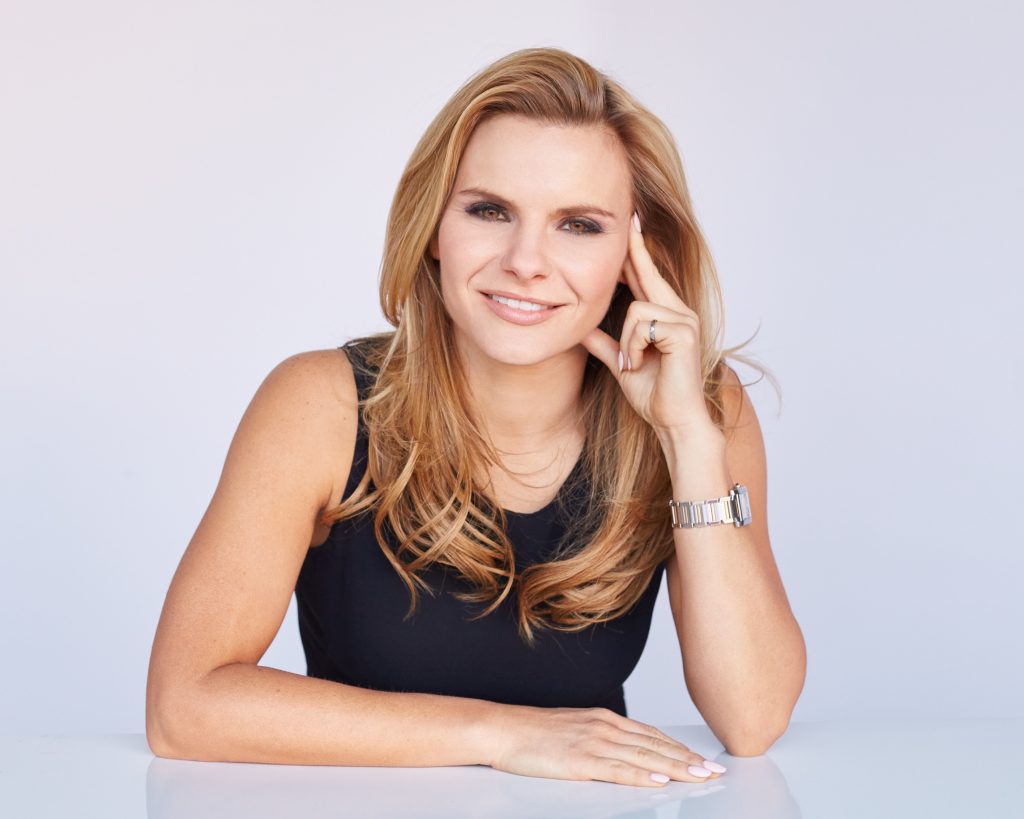

“I think great leaders are able to constantly paint a vision of what is not there, but what could be, and conceal their own fears. Because, the reality is when you lead, you have no idea what is next… It’s not an un-genuine hiding. It’s that you need someone to say, ‘If this is going to happen, I believe in it.’ Good leaders make good plans. They can rally good teams. Really great leaders just continue to see the future, and not share their fears as they bring the team along. Which is why it is so lonely as a leader.”
Michele Romanow (entrepreneur) on having conviction in a vision. FULL STORY
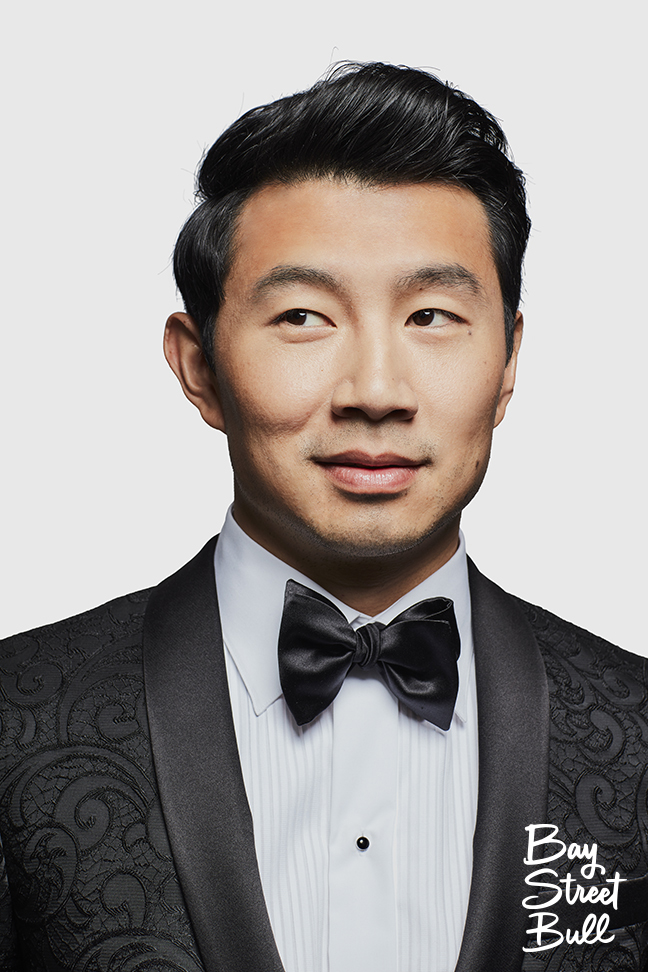

“Nobody is going to give you permission to live your life. The only person who can give you that permission is yourself. I went through my life thinking that I had to do what my parents wanted, what other people wanted. And that’s how I wound up in business school. That’s how I wound up in accounting which, frankly, I hated. I never allowed myself the permission to dream, even though I raised myself on TV and watching movies on the weekends. What’s taken me the longest to learn is that nobody gives you that permission. You have to take it. I hope everybody will learn that lesson faster than I did.”
Simu Liu (actor) on seizing your dreams. FULL STORY
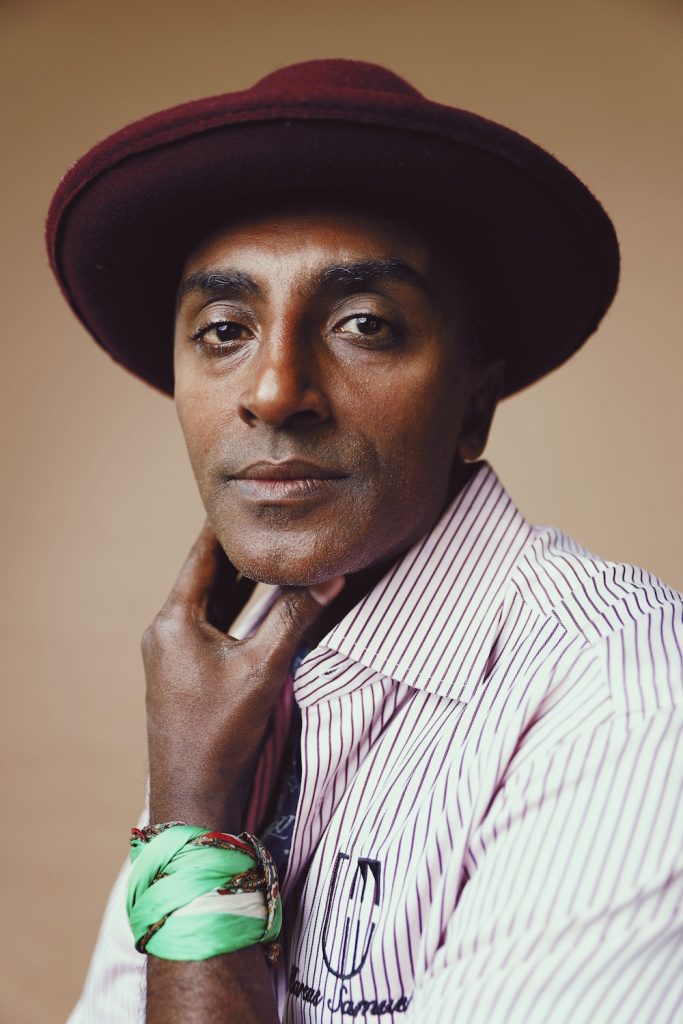

“Mentorship doesn’t go away, and now I’m a mentor to a lot of people. Mentorship is not youth based, it’s experience based. I’m in my 40s, I have young mentors too that teach me about technology, and what’s relevant right now. Mentorship is ever evolving. You are never too old or too experienced to learn from your team or your peers. Similarly you should always be willing to pass on the lessons you’ve learned.”
Marcus Samuelsson (restaurateur) on mentorship. FULL STORY
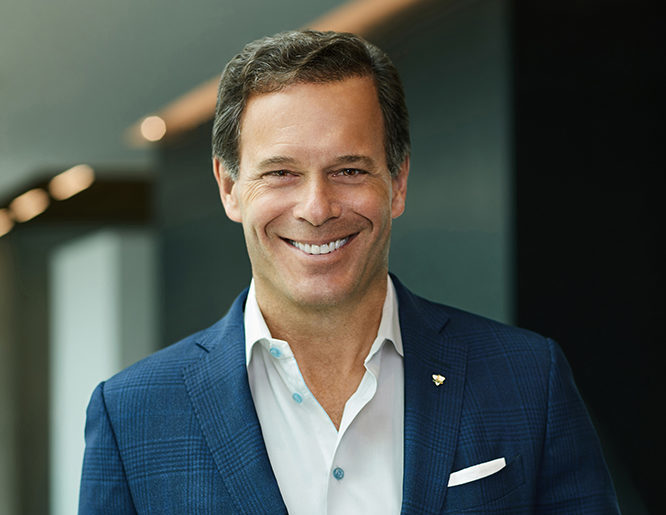

“If there is one thing that a leader should do or be great at, and not enough people do this because they hide behind their screens, is communication. [As a leader] you are rallying people, whether it’s internally or externally, around your business, brand, and product. You have to think of it as an ongoing campaign and continue to communicate and be transparent with people. That is a real important quality of leadership that too many people forget. There are some leaders who are exceptionally smart – smarter than everyone else in the room – and some leaders who are unbelievable sales people and can close any deal. But consistently across the board, I think you have to be able to communicate openly, clearly, and authentically with a passion, and tackle issues right away. You can’t let things fester in companies because then they become big issues, and that is about communication.”
Mark Cohon (entrepreneur) on communicating clearly. FULL STORY


“Hennessy is like a chameleon. When a chameleon moves into different environments, it takes on the colour of the environment and blends in. In terms of brands, the ability to connect to the specificities of any given market is a talent. What’s really interesting about the chameleon is the skin changes to adapt [to the environment], but underneath it is the same animal. To be really successful, brands need to remain true to themselves.”
Bernard Peillon (CEO, Hennessy) on adaptation and authenticity. FULL STORY
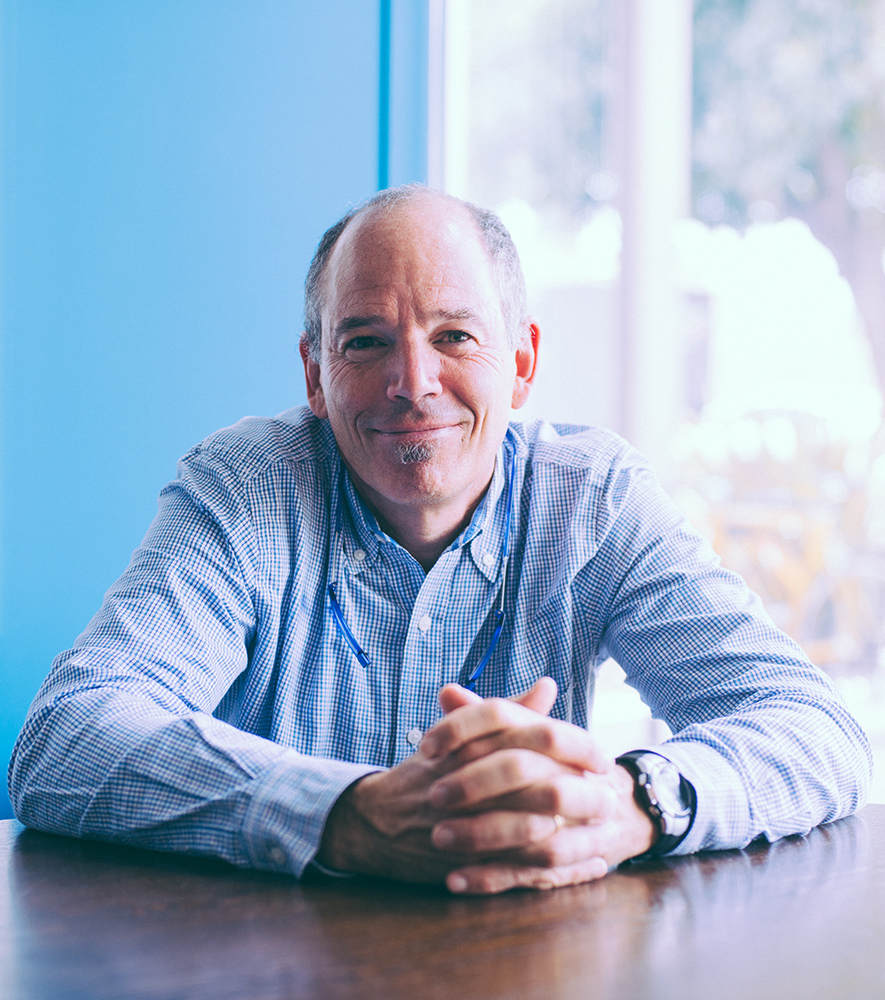

“Fall in love with the problem, not the solution – because if you fall in love with the solution, you’ll chase it trying to find a problem to fit it. If you fall in love with the problem, you’ll learn everything you can to know about why that problem exists, and what efforts were made in the past to solve it, and who has that problem and under what conditions. Then you’ll come up with hundreds of ways to possibly solve it.”
Marc Randolph (Co-founder, Netflix) on problem-solving. FULL STORY
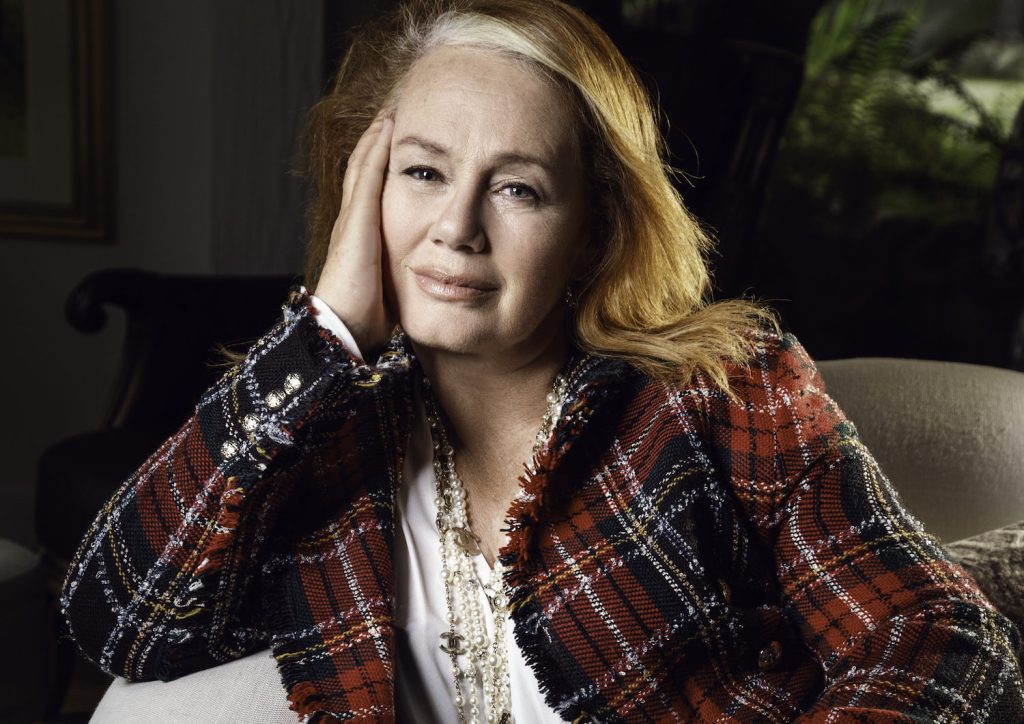

“Leaving a legacy, no matter what age and stage you are at, and thinking about the footprint that you leave behind as you go through life is very important. Too often we’re just here and present, and we’re not thinking about the impact we have on other people. Giving back is a critical part of anyone’s journey, and hopefully most new businesses are continuing to make it part of their reality — they bake it into their business, as opposed to thinking about it afterwards.”
Arlene Dickinson (entrepreneur) on giving back. FULL STORY
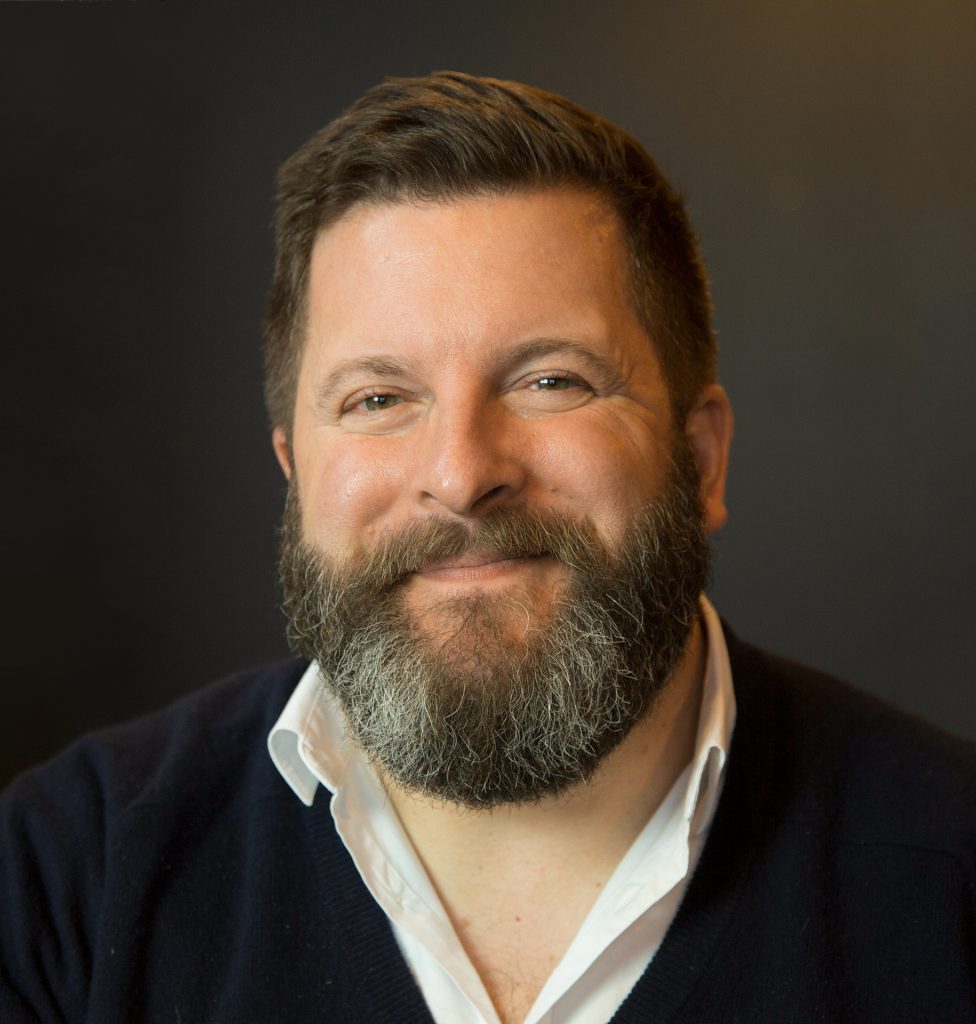

“No matter how big your business is it should always feel like it’s just getting started. If it doesn’t, then it probably means that you’re getting comfortable. Comfortable is deadly.”
Michael Tamblyn (CEO, Rakuten Kobo) on being uncomfortable with comfortable. FULL STORY
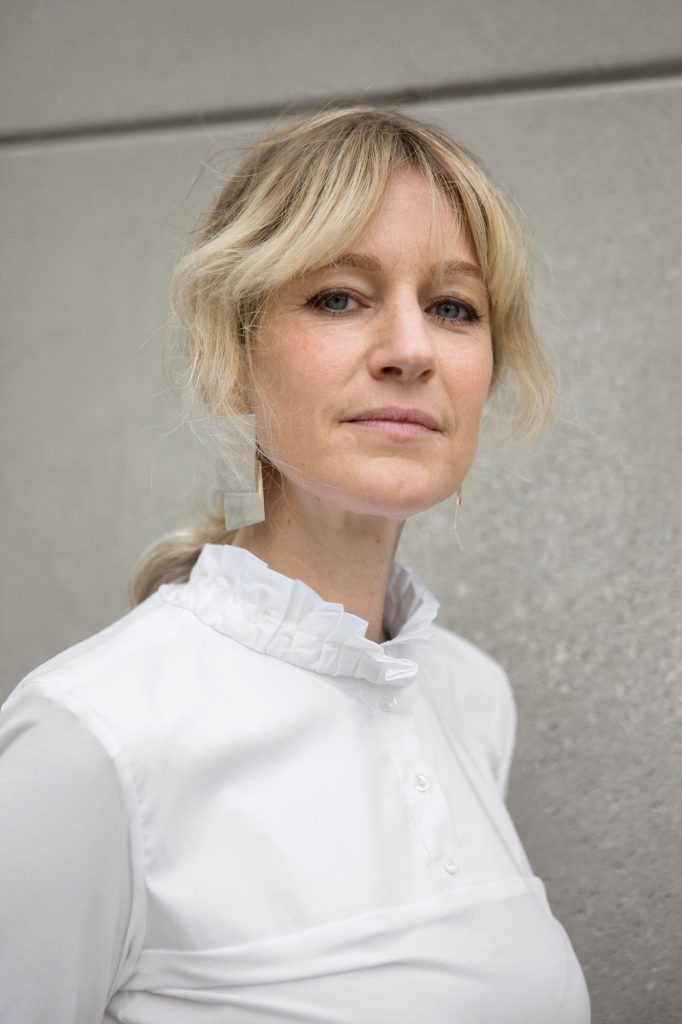

“Specialization is very important. We see this with smaller brands now more and more, but being really good at one thing is more important to consumers than trying to be in multiple product classes. It’s about finding a niche. I’ve had lots of opportunities to go into different categories, but I’ve decided to be dedicated to my category and be the best for its price point. What makes a good brand is if you can still hold that artisanal, special quality of a niche brand, even if it’s commercially successful.”
Jenny Bird (designer) on finding your niche. FULL STORY
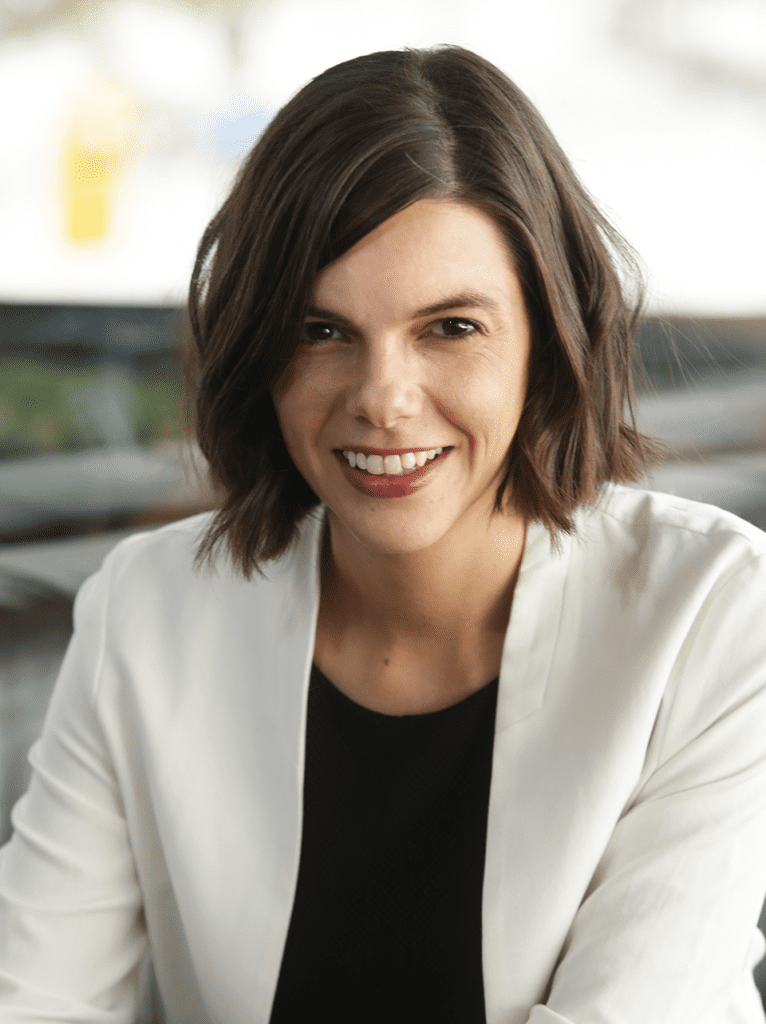

“It’s always about remembering the last conversation you had with an investor. There are a lot of them that say they don’t invest in straight lines, but in all the dots along the way. If you’re at a networking event, say hello and give a quick update even when you’re not fundraising. Give people a reason to stay in touch with your story and think about you. By the time you’re ready to fundraise, [investors] will have heard about you and generally know where you’re at. It’s about building relationships, and that doesn’t happen overnight.”
Marie Chevrier (CEO, Samplr) on cultivating relationships. FULL STORY
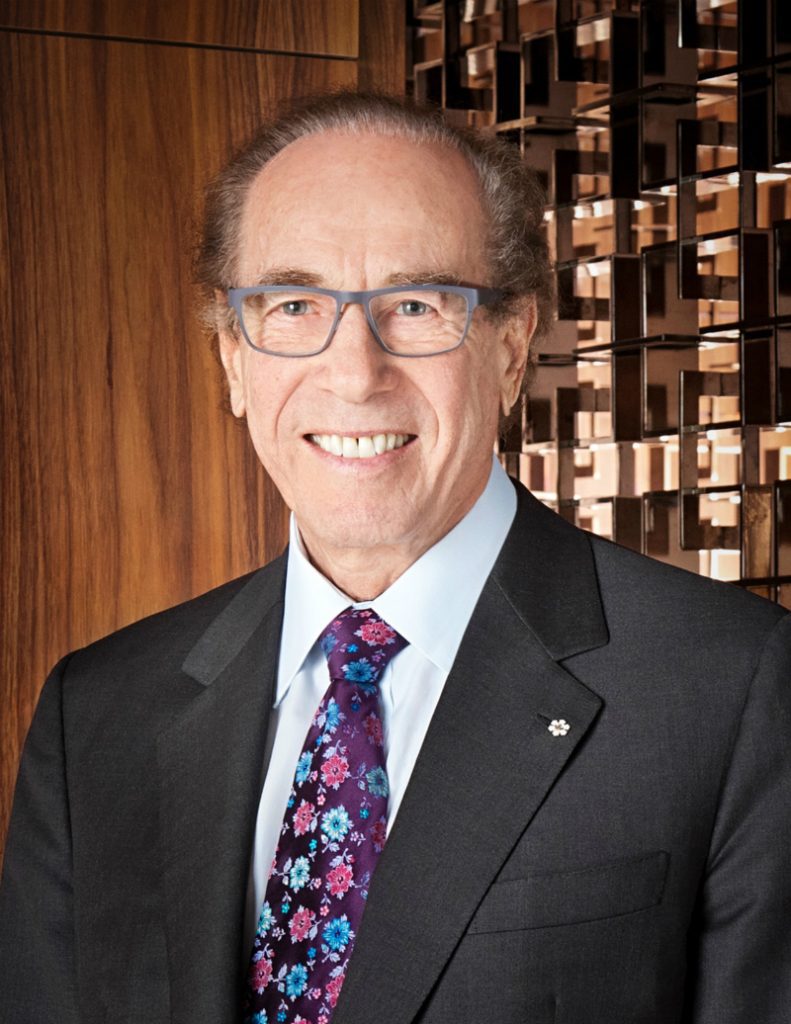

“From employees’ point of view, a manager or leader might have been anointed, rather than worked their way up. They don’t know anything about them. The leader – or manager – now has to earn others’ respect and trust, from the people they are now in charge of. That only happens over a period of time… Leaders unite, direct and motivate. They get people to work together, and accomplish more than they could have individually.
Isadore Sharp (founder, Four Seasons Hotels and Resorts) on earning respect as a leader. FULL STORY
[/vc_column_text][vc_column_text]


“We’ve talked to a lot of investors. I think the key criteria that we look for is a belief in our vision and mission. If we don’t have that, we’re going to disagree on a lot of things and that philosophy also comes down to our hiring and recruitment because we’re a startup and building something from scratch. Believing in what we’re trying to accomplish is an absolute mandatory, so we gravitate towards an investor that can see the big picture with us and understands the market opportunity, as well as the challenges.”
Roxana Zaman (co-founder, Maple) on finding an investor who believes in you. FULL STORY
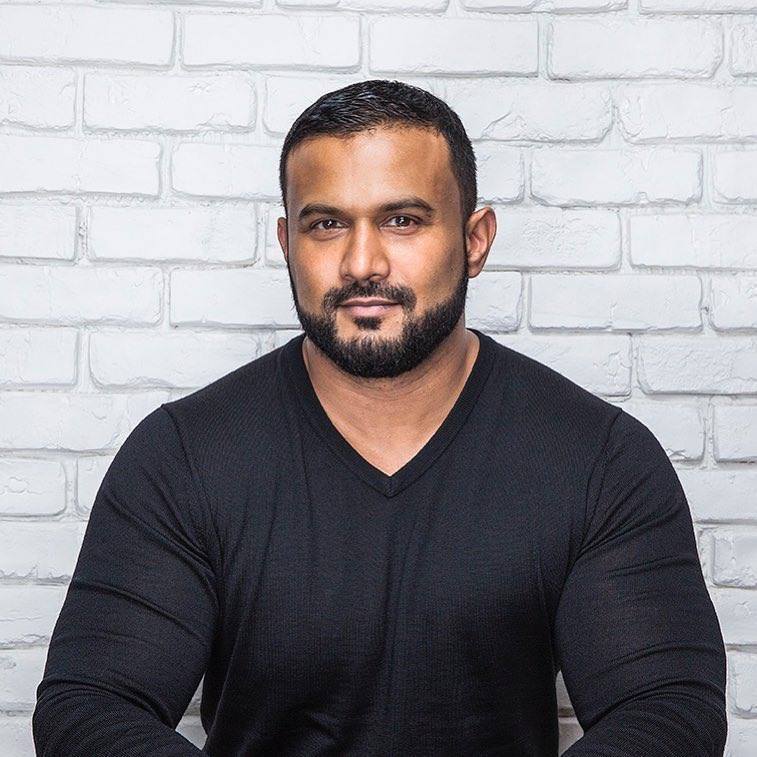

“A diversity in cultural or social communities brings different perspectives to the table, allowing for the creation of richer, more powerful solutions to complex problems. Without a doubt, diversity is a strength for our tech community.”
Dax Dasilva (founder, Lightspeed) on the power of diversity. FULL STORY
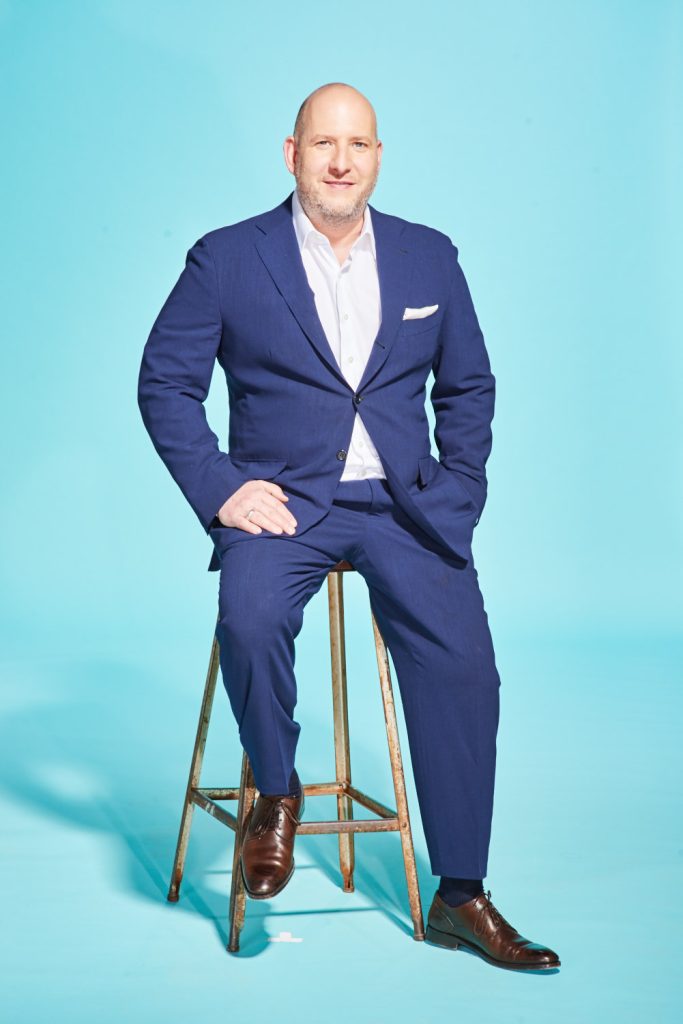

“I think it is very important from a process point of view so you understand it. But I think it’s even more important from a lack of arrogance point of view. Everyone should be willing to do anything. In the early days, we would do inventory counts and I would be climbing up on shelves and looking at jackets. I still do that today, and I don’t have to do that today, but it’s important for anybody to understand how something works and be able to help out whenever it’s needed.”
Dani Reiss (CEO, Canada Goose) on being a hands-on boss. FULL STORY
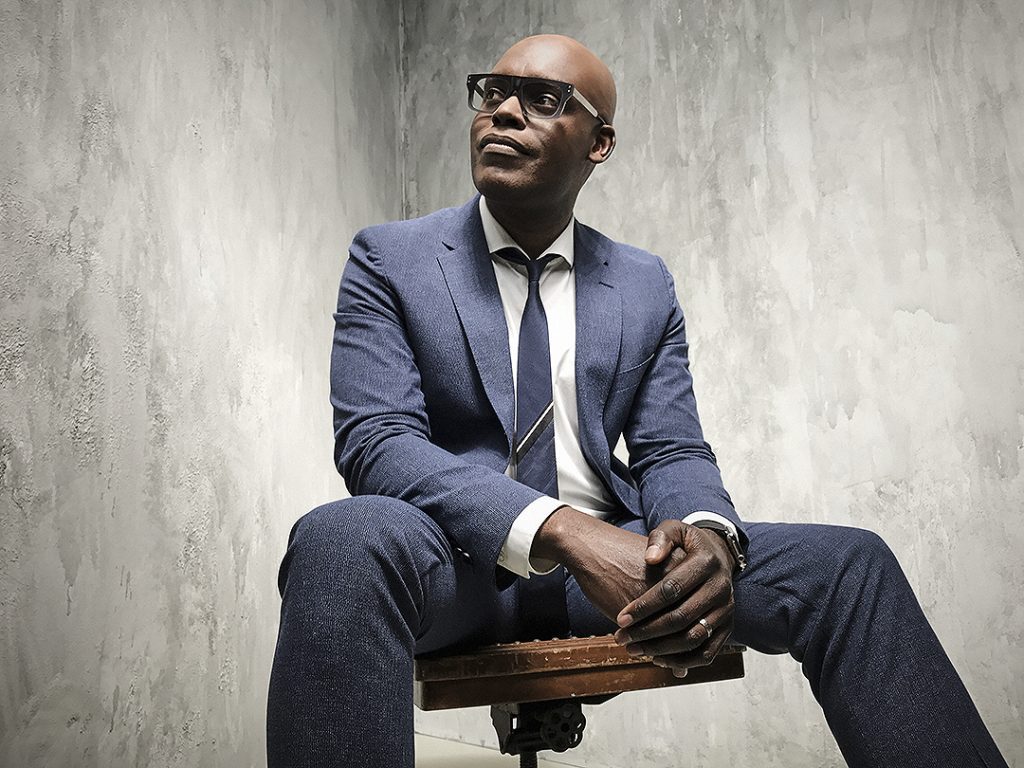

“We’re a public festival. The audience reaction matters a lot. We’re not just telling you what great cinema is and what we think you should like. We’re setting the table for you to choose what you like, what moves you the most.”
Cameron Bailey (Artistic Director, Toronto International Film Festival) on creating a culture of democracy. FULL STORY


